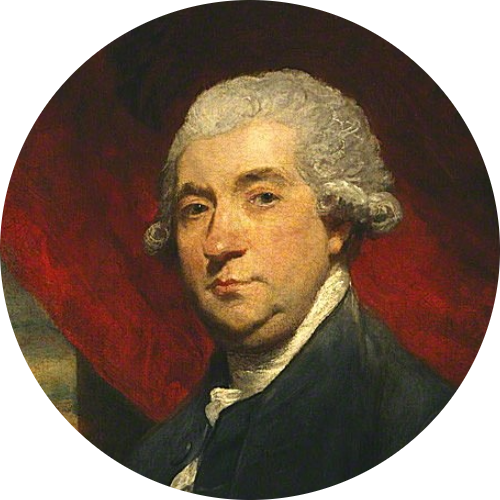Born in Juditten near Königsberg (present-day Kaliningrad), son of the town priest Christoph Gottsched and Johanna Biemann. Married firstly (1735 in Danzig) to author Luise Kulmus (1713-1762) and secondly (1762 or 1765 in Camburg) to Ernestine Neunes.
In 1723 Gottsched graduated a Magister in philosophy and history from the University of Köningsberg, but shortly thereafter fled to Leipzig to avoid military service. In 1730 he became an extraordinary Professor of Poetry in Leipzig and in 1734 an ordinary Professor of Logic and Metaphysics.
Gottsched first became famous for his treatise on German poetry, the Versuch einer kritischen Dichtkunst für die Deutschen (1730), but he was also a playwright in his own right, having written Der sterbende Cato (1732), a German adaption of Joseph Addison's Cato, and other plays. In 1748 he had published Grundlegung einer deutschen Sprachkunst, which is probably part of the reason why Boswell wrote of him that "it was he who set a-going the true cultivation of the German language".1
Boswell called on Gottsched at Leipzig on October 4, 1764. He was well received with a perfect politeness
and the two were quite easy together in a few minutes”
They spent a few hours in each others company during the next few days, discussing among other subjects the Scots and English language, Johnson's Dictionary and Boswell's own plan for a Scots Dictionary. On October 6, Gottsched gave Boswell some advice concerning his planned Scots dictionary, allowing him to have a look through his etymological library, and promised to correspond with him.
Most of Gottsched's writings are available via the AbeBooks used books search engine, as is the recent English-language book about him, Phillip Mitchell's Johann Christoph Gottsched (1700-1766): Harbinger of German Classicism.
